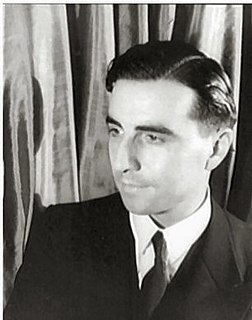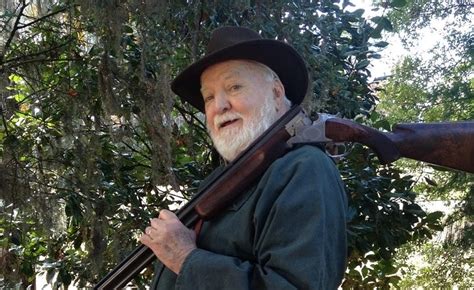A Quote by Julien Green
Our life is a book that writes itself and whose principal themes sometimes escape us. We are like characters in a novel who do not always understand what the author wants of them.
Related Quotes
But to be perfectly frank, this childish idea that the author of a novel has some special insight into the characters in the novel ... it's ridiculous. That novel was composed of scratches on a page, dear. The characters inhabiting it have no life outside of those scratches. What happened to them? They all ceased to exist the moment the novel ended.
I consider books to be good for our health, and also our spirits, and they help us to become poets or scientists, to understand the stars or else to discover them deep within the aspirations of certain characters, those who sometimes, on certain evenings, escape from the pages and walk among us humans, perhaps the most human of us all.
Introduce your main characters and themes in the first third of your novel. If you are writing a plot-driven genre novel make sure all your major themes/plot elements are introduced in the first third, which you can call the introduction. Develop your themes and characters in your second third, the development. Resolve your themes, mysteries and so on in the final third, the resolution.
Reading is sometimes thought of as a form of escapism, and it’s a common turn of phrase to speak of getting lost in a book. But a book can also be where one finds oneself; and when a reader is grasped and held by a book, reading does not feel like an escape from life so much as it feels like an urgent, crucial dimension of life itself.
With a novel, which takes perhaps years to write, the author is not the same man he was at the end of the book as he was at the beginning. It is not only that his characters have developed-he has developed with them, and this nearly always gives a sense of roughness to the work: a novel can seldom have the sense of perfection which you find in Chekhov's story, The Lady with the Dog.
I find interesting characters or lessons that resonate with people and sometimes I write about them in the sports pages, sometimes I write them in a column, sometimes in a novel, sometimes a play or sometimes in nonfiction. But at the core I always say to myself, 'Is there a story here? Is this something people want to read?'
God has lent us the earth for our life; it is a great entail. It belongs as much to those who are to come after us, and whose names are already written in the book of creation, as to us; and we have no right, by anything that we do or neglect, to involve them in unnecessary penalties, or deprive them of benefits which it was in our power to bequeath.
It's funny what [producer Richard Zanuck said about even though you can't quite place when the book or the story came into your life, and I do vaguely remember roughly five years old reading versions of Alice in Wonderland, but the thing is the characters. You always know the characters. Everyone knows the characters and they're very well-defined characters, which I always thought was fascinating. Most people who haven't read the book definitely know the characters and reference them.
The nature of acting is that one is many characters and jumps from one skin to another as a way of life. Sometimes it's hard to know exactly what all of your characters think at the same time. Sometimes one of my characters overrules one of my other characters. I'm trying to get them all to harmonize. It's a hell of a job. It's like driving a coach.
In The Care and Management of Lies the wonderfully talented Winspear writes irresistibly about the First World War, both in the trenches of France and the fields of England. Her richly complex characters walk right off the page and into our imaginations, as we fight with them, farm with them, cook with them. I devoured this dazzling novel.






































